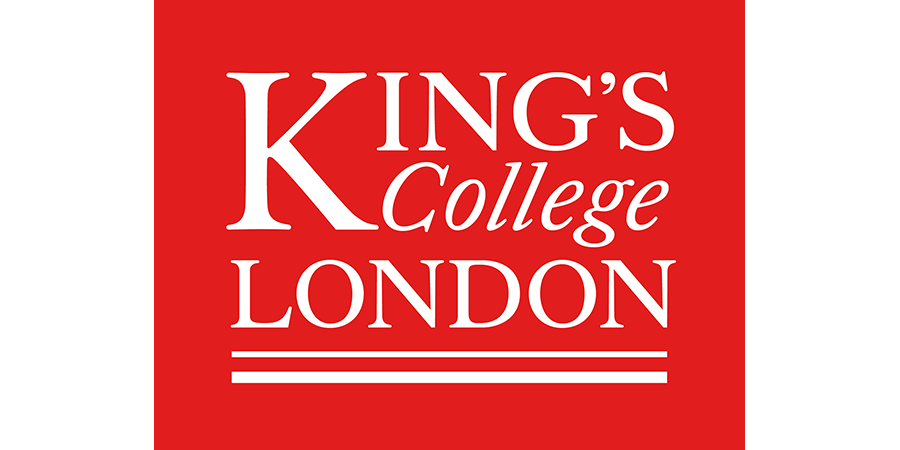PhD Studentship - Protect and regenerate: Targeting Protrudin and NMNAT2 after spinal cord injury
King's College London - Wolfson Sensory, Pain and Regeneration Centre, School of Neuroscience, Institute of Psychiatry, Psychology & Neuroscience
| Qualification Type: | PhD |
|---|---|
| Location: | London |
| Funding for: | UK Students |
| Funding amount: | Only home students are eligible. 1 fully funded 3.5 year PhD, funded by Spinal Research. |
| Hours: | Full Time |
| Placed On: | 15th October 2025 |
|---|---|
| Closes: | 10th November 2025 |
| Reference: | RE-IoPPN-Spinal Research-25 |
Spinal cord injury (SCI) leads to devastating and often permanent loss of movement and sensation, yet there are currently no effective therapies to restore function. This PhD project will investigate new strategies to protect and regenerate nerve cells after SCI by combining molecular biology, pharmacology, and gene therapy in translational models of central nervous system repair.
The work will focus on two key molecular pathways showing strong promise in pre-clinical studies: axon organelle transport, which supports axon growth and regeneration, and NAD metabolism, which promotes neuronal survival by sustaining essential cellular functions. Together, these pathways may offer a powerful strategy to protect neurons from secondary degeneration and promote long-range axon regeneration after injury.
This collaborative project between the Eva Lab at King’s College London, Wolfson SPaRC (Sensory, Pain and Regeneration Centre), and the Williams Lab at the Centre for Eye Research Australia will combine pharmacological neuroprotection from the Williams lab with AAV-based gene therapy and regeneration approaches pioneered in the Eva lab.
Students will be trained across the translational spectrum, from neuronal cell biology and gene therapy design to in vitro and in vivo models of spinal cord injury. Core techniques will include viral vector design, microscopy, molecular analysis, and behavioural assessment of recovery. These studies will reveal how the two pathways interact to protect and regenerate injured neurons, providing insight and a foundation for future therapies.
The successful candidate will join a vibrant neuroscience community within Wolfson SPaRC, benefiting from postgraduate training at King’s College London and regular collaboration with the Williams lab. We seek a motivated student with a strong interest in neurobiology, molecular neuroscience, or regenerative medicine, eager to contribute to translational research with real clinical potential.Applicants must complete and submit an online admissions application, via the admissions portal by midnight (23:59 GMT), 10th November 2025.
On the ‘Choosing a programme’ page, please select Wolfson SPaRC Research MPhil/PhD (Full-time).
More information on the department and the programme is available at the departmental prospectus page here: https://www.kcl.ac.uk/neuroscience/about/departments/wolfson
In your application, you will be asked to include:
- Academic Transcripts - where applicable, academic transcripts must be submitted with the online admissions application
- Details of your qualifications - you will need to attach copies
- Details of previous employment - please include your CV
- A personal statement describing your interests and why you wish to apply for this project. Please include this as an attachment rather than using the text box.
- Academic References – all admissions applications require one supporting reference. If the applicant is relying on their referees to submit a reference directly to the College after they have submitted their admissions application, then the applicant must ensure that (1) their chosen referee is made aware of the funding deadline (i.e. 7 days from application deadline) and (2) that the reference needs to be sent from an institutional email address.
In the Funding section, please tick box 5 and include the following reference: (RE-IoPPN-Spinal Research-25)
References must be received by the deadline for the applicant to be eligible. Only shortlisted applicants will be contacted.
You are welcome to email Richard Eva - richard.eva@kcl.ac.uk - for more information regarding the project and studentship.
If you have any queries regarding the application process, please contact the Education support team at ioppn.pgr@kcl.ac.uk.
Advert information
Type / Role:
Subject Area(s):
Location(s):









